Premium Only Content
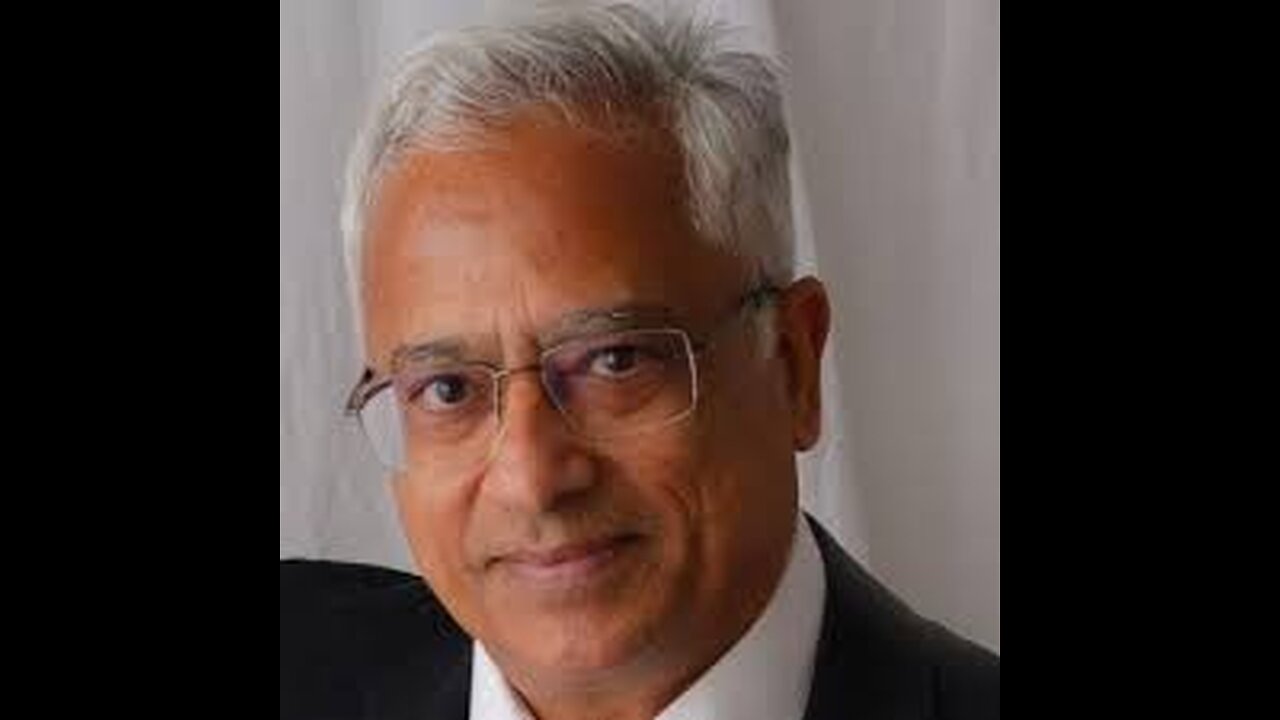
Rethinking Public Health and Economics: Sanjeev Sabhlok Speaks Out
Rethinking Public Health and Economics: Sanjeev Sabhlok Speaks Out
Economist Sanjeev Sabhlok has a clear message: the pandemic exposed fundamental flaws in the way public health policy is designed and executed. “Lockdowns were implemented without any cost-benefit analysis—a glaring failure of public policy,” he asserts. Drawing on decades of experience in government and economics, Sabhlok offers a sharp critique of decisions made during COVID-19.
Sabhlok doesn’t mince words when discussing the lack of foresight by public health officials. “Economists are trained to see trade-offs; public health practitioners seemed blind to them during COVID-19,” he explains. For Sabhlok, this blindness led to disastrous outcomes, where policies were crafted in panic rather than rooted in science or economic reasoning.
At the heart of his critique is the principle of utilitarianism, famously articulated by Jeremy Bentham. “Public health rejected the foundational principles of utilitarianism, which should guide decisions to maximize overall well-being,” Sabhlok says. He highlights that lockdowns and quarantines—policies designed to save lives—often ignored the collateral damage they caused to mental health, livelihoods, and societal cohesion.
Sabhlok underscores a significant misstep: treating quarantine as a universal solution. “Quarantine, as a policy, is fundamentally flawed and historically proven to cause more harm than good,” he argues. To him, quarantine’s failures lie in its inability to account for human behavior, logistical challenges, and the unintended ripple effects on society.
A passionate advocate for transparency, Sabhlok insists that public health must adopt the same rigor as other sciences. “Public health must become as transparent and rigorous as physics, with every policy rooted in proven methodologies,” he explains. He contrasts this with the opacity and dogmatism he observed during the pandemic, which, in his view, allowed harmful policies to persist unchecked.
Central to Sabhlok’s philosophy is the classical liberal approach, which emphasizes accountability and skepticism toward authority. “The classical liberal approach demands questioning authority and focusing on practical implementation, not just theoretical models,” he says. This mindset, he believes, could have prevented many of the policy blunders witnessed during the pandemic.
Sabhlok doesn’t shy away from criticizing his own field, noting that economists also faltered. “Panic and irrationality drove many experts to abandon their own principles during the pandemic,” he admits. Still, he maintains that the discipline of economics offers critical tools, like cost-benefit analysis, that were sorely missing from public health responses.
His most pressing concern is the enduring impact of these policy failures. “Every policy should consider both its benefits and harms; otherwise, it risks being dangerously shortsighted,” he warns. Sabhlok argues that public health decisions should not just save lives but also preserve the quality of life for society at large.
Sabhlok’s insights are not merely critiques but a call to action. “Public health must revisit its foundations and embrace transparency, rationality, and accountability,” he urges. By returning to principles like Bentham’s greatest happiness rule and grounding decisions in cost-benefit analysis, Sabhlok believes society can avoid repeating the mistakes of the past.
Why You Should Watch:
This conversation challenges conventional wisdom about pandemic policies and offers a fresh perspective on how economics and public health can work together to serve society better. With sharp observations and bold ideas, Sabhlok pushes us to rethink the frameworks guiding critical decisions in times of crisis.
-
 LIVE
LIVE
The Big Mig™
14 hours agoGlobal Finance Forum From Bullion to Borders
2,226 watching -
 LIVE
LIVE
The Shannon Joy Show
2 hours ago🔥🔥J6 HORROR - Live Exclusive With J6 Political Prisoner & Advocate John Strand. Now The Battle For JUSTICE Begins.🔥🔥
374 watching -

Tudor Dixon
2 hours agoSelena Gomez's Fake Tears with Sharla McBride | The Tudor Dixon Podcast
143 -
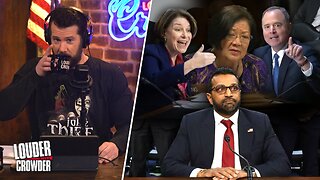 1:40:58
1:40:58
Steven Crowder
3 hours agoHow Future FBI Director Kash Patel Bodied Every Hater in his Hearing & Even Dropped a Hard R
168K103 -
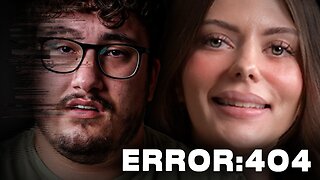 1:26:02
1:26:02
Caleb Hammer
2 hours agoFinancial Audit’s Dumbest Guest Ever
1.83K3 -
 LIVE
LIVE
Major League Fishing
2 days agoLIVE! - Bass Pro Tour: Stage 1 - Day 2
454 watching -
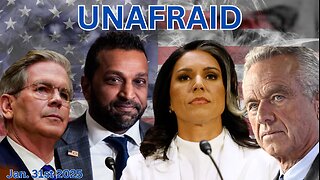 2:58:58
2:58:58
Wendy Bell Radio
7 hours agoUNAFRAID
71.8K75 -
 41:26
41:26
Rethinking the Dollar
1 hour agoGlobal Currency Clash: Trump Threatens BRICS with Severe Tariffs
20.3K1 -
 1:09:24
1:09:24
Randi Hipper
2 hours agoBrace for Impact: XRP ETF Could Skyrocket Your Portfolio!
10.6K4 -
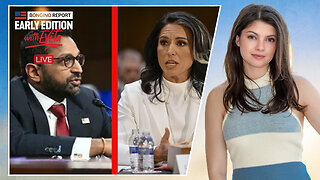 44:09
44:09
BonginoReport
6 hours agoCapitol Hill Showdown: Kash Patel & Tulsi Gabbard Face Off Against DC Swamp (Ep.130) - 01/31/2025
96.3K88